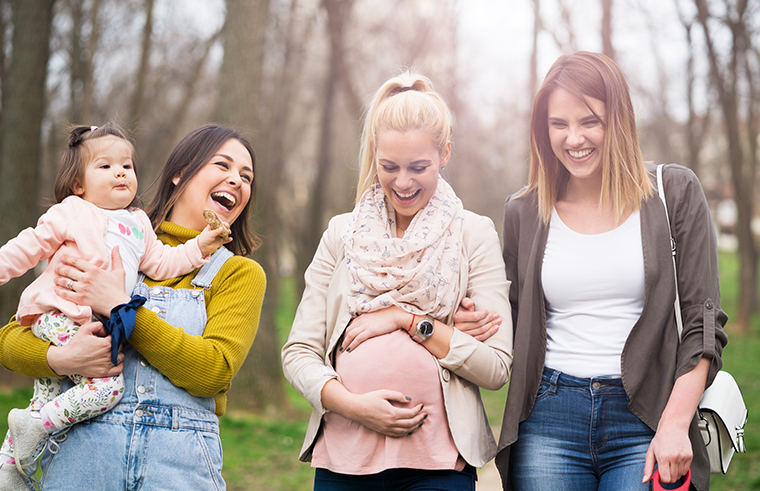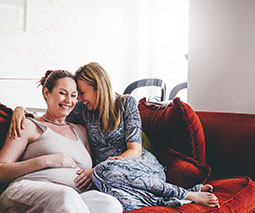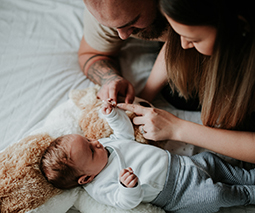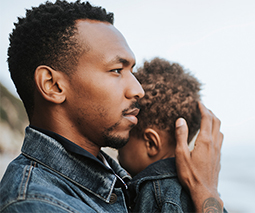Research suggests a woman’s family and friends can affect the sex of her babies

New research suggests that maternal stress can impact foetal development, even helping to determine the sex of some babies.
“An influential first home”
Of course, we already knew that the mum’s mental health could impact a growing baby’s health, but it’s becoming clear just how much.
“The womb is an influential first home, as important as the one a child is raised in, if not more so,” says study leader Catherine Monk, PhD.
Catherine’s a professor of medical psychology at Columbia University Vagelos College of Physicians and Surgeons and director of Women’s Mental Health in the Department of Obstetrics & Gynecology at New York-Presbyterian/Columbia University Irving Medical Center.
Science Daily reports that her team’s work appears to show – and not for the first time – that pregnant women experiencing physical and psychological stress are less likely to have a boy.
Stress and the foetus
This study looked at just under 200 women, but Dr Monk says there are other compelling examples of stress impacting the sex of babies that have hinted at this correlation already.
“Other researchers have seen this pattern after social upheavals, such as the 9/11 terrorist attacks in New York City, after which the relative number of male births decreased,” she explains.
“This stress in women is likely of long-standing nature; studies have shown that males are more vulnerable to adverse prenatal environments, suggesting that highly stressed women may be less likely to give birth to a male due to the loss of prior male pregnancies, often without even knowing they were pregnant.”
Stress had other impacts too, this team have confirmed. Physically stressed mothers were more likely to give birth prematurely and psychologically stressed mums had more birth complications.
Social support is vital to families
The research found that social support made a huge difference to the stress levels of women and the outcomes for babies – with potentially life-long benefits for both.
Indeed, the team found that the more support a mother received from friends, family and community, the greater the likelihood of her having a male baby.
“When social support was statistically equalized across the groups, the stress effects on preterm birth disappeared,” Science Daily says.
“Screening for depression and anxiety are gradually becoming a routine part of prenatal practice,” says Dr Monk.
“While our study was small, the results suggest enhancing social support is potentially an effective target for clinical intervention.”
Social support is vital, not just for women wanting to have boys, but for women wanting to have full-term, complication-free pregnancies.
That is … ALL WOMEN.









